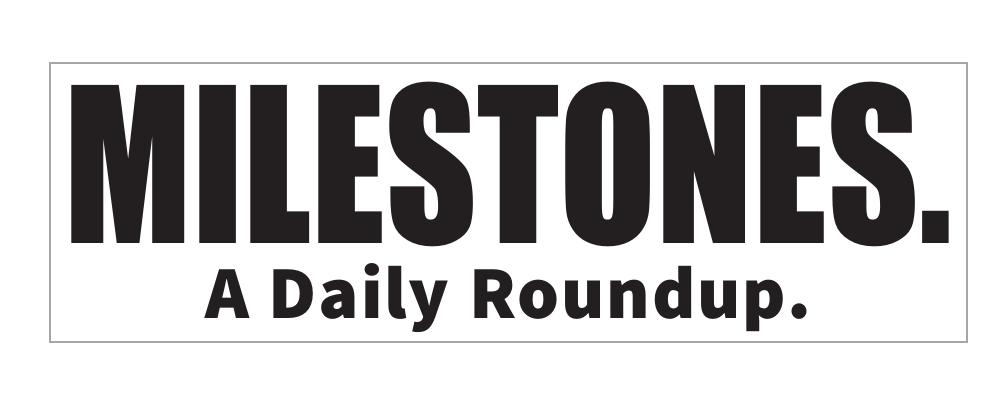Milestones: March 21, 2024

THE SPRING OFFENSIVE — THE GERMAN ARMY LAUNCHED THE SPRING OFFENSIVE, ALSO KNOWN AS THE “MICHAEL OFFENSIVE,” on March 21, 1918, against the western front. General Erich Ludendorff launched the five-day offensive, Germany’s first in two years, with the strategy of capturing the Western Front (France and England), driving a wedge between those two countries, and forcing their armies out to sea. This last goal was not met, but the offensive was successful because of its stealth and surprise element: the Central Powers shifted at least 44 divisions into England and France, a move made possible because Russia had left the war.
In addition to a fierce ground attack, Ludendorff’s forces also unleashed a series of toxic gases into the Allied forces, starting with tear gas, and then adding lethal phosgene and chlorine gases. The Allies lost about 230,000 soldiers but Ludendorff’s army lost almost as many.
✰✰✰

Brooklyn Boro
View MoreNew York City’s most populous borough, Brooklyn, is home to nearly 2.6 million residents. If Brooklyn were an independent city it would be the fourth largest city in the United States. While Brooklyn has become the epitome of ‘cool and hip’ in recent years, for those that were born here, raised families here and improved communities over the years, Brooklyn has never been ‘uncool’.